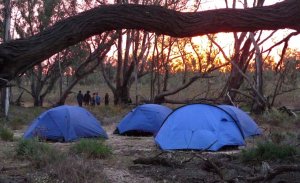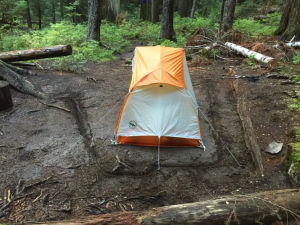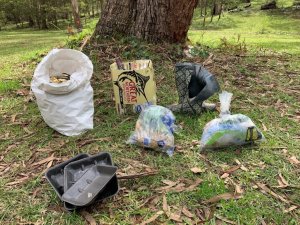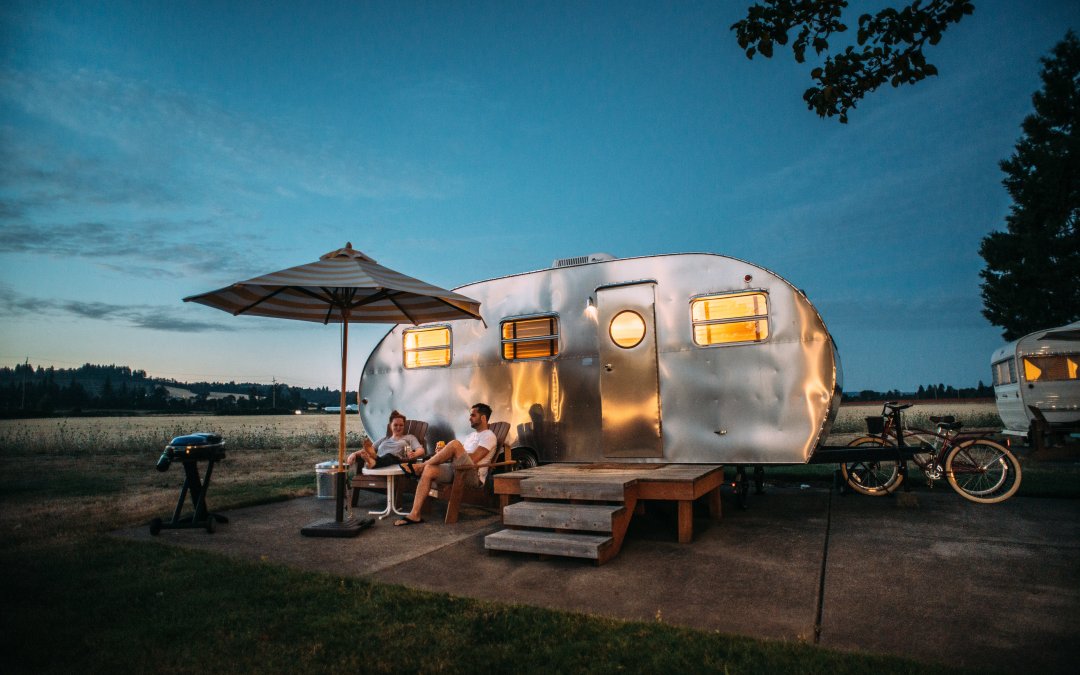20 WAYS TO CAMP RESPONSIBLY
Camping is an enjoyable way to spend time with family, friends, school mates and even make new friends. However, the long-term impact and destruction of the natural environment comes with the popularity of camping.
Since Covid hit in March 2020, there have been estimates of a 125% increase in camping, mostly due to restrictions travelling overseas. Why spend $20,000 heading off internationally for a few weeks, when you can travel around Australia for 3 months for the same amount of money. There are 5.5 million more camping and caravaning trips taken today than ten years ago. The love of the outdoors continues.
But with that love, also comes responsibility. Don’t just think it’s about leaving rubbish behind or overusing campsites. It’s much more. Disrespectful behaviour to other campers, excessive noise, over using resources so there is none left for others, not protecting fresh water supplies and so on.
There are many things you can do as a camper and visitor across Australia. Here are 20 tips that can get you started.

- Support local business. Need a cuppa on the way to and from your trip, stop and support a local cafe.
- Always bring a reusable water bottle, and fill it before you leave home.
- Camp at established campsites but be aware that established campsites can also become overused.
- Do not dig trenches around your tent as it causes erosion and spoils it for other campers.

- Personal hygiene – know what facilities are available where you’re going. Never bathe in a river, creek, lake or the sea. And certainly not with soap.
- Stay on tracks and trails to minimise environmental damage. Don’t walk around puddles, walk through them otherwise you are expanding the track erosion.
- Make your own snacks at home, which reduces packaging and then place in reusable bags or containers.
- Use eco friendly products such as beeswax wraps for food rather than cling wrap.
![]()
- Bring reusable cups, bowls, plates etc. Don’t bring disposable.
- Think about how to dispose of your grey water from dishes. Careful of the soaps or detergents you use. Scattering your filtered grey water is important.Grey water includes any dirty water, like from washing the dishes or your face and hands, or brushing your teeth. Soaps can seep into soil, contaminate waterways and harm wildlife.
- Consider whether you need to have a fire. If so, be prepared to bring your own firewood. Don’t rely on any at your destination. Don’t chop down any trees.
- Pick up rubbish whether it’s yours or not. Show young people we are all responsible for the environment.

- Respect the native flora and fauna. It is illegal to pick up shells, pick flowers, remove rocks etc. in many areas where we go camping. Know the rules.
- Be mindful of your campsite so you don’t attract unwanted or even dangerous wildlife.
- Poop responsibly! Practice safe and environmentally friendly toilet hygiene.
- Pack eco-friendly sunscreens, insect repellants and ointments.
- Choose sustainable camping equipment that will last. If within your budget, by Australian made.
- Sort your rubbish (food waste, recyclables, general rubbish). Be prepared before you leave home on how to sort your rubbish. Dispose of appropriately. Even better, take it home.
- Respect signage and follow the rules. They are there for your safety and safety of others.
- Take only pictures and leave only footprints.
You can read our post on Leave No Trace Priinciples, click here.
You can view this also in a short video, click here.


Recent Comments